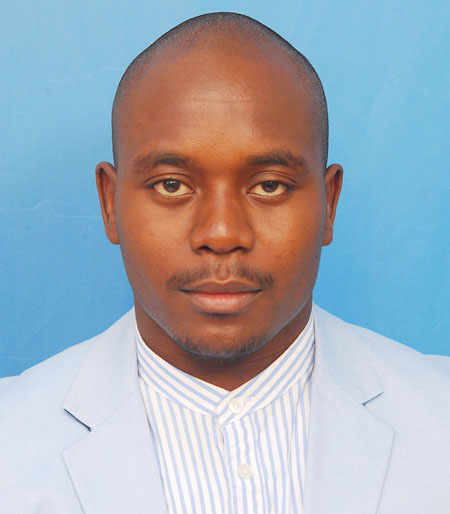Johannes Shikongo
A ademocratic system is constituted by public participation in the political process. Article 27(1) of the Namibian Constitution stipulates: “All citizens shall have the right to participate in peaceful political activity intended to influence the composition and policies of government. Citizens shall also have the right to form and join political parties. subject to such qualifications prescribed by law as are necessary in a democratic society to participate in the conduct of public affairs, whether directly or through freely chosen representative”.
Namibia has three branches of government: the legislative (Parliament), the judiciary (Courts), and the executive (Cabinet). The legislative body is responsible for the establishment of legislation and policies. The national Assembly is the legislative power of the republic of Namibia, with the power to pass laws with the assent of the President as provided by chapter 7, article 44 of the Namibian Constitution. There are 104 members in the National Assembly, as per the Namibian Constitution as amended Article 46 (1) (a) and (b). The composition of the National Assembly shall be ninety-six (96) elected members (voting members) and eight (8) non-voting members, appointed by the President as per Article 32 (5) (c) of the Namibian Constitution. Voting Members of the National Assembly are elected based on party lists (article 49) and every National Assembly Continue for a maximum period of five (5) years (article 50).
Every five years, the Namibian electorate has a constitutional right to vote in the national election to choose a president and influence the composition of the legislature. In this way, they are able to influence the composition of the legislature and the executive, as Cabinet members are traditionally chosen from the National Assembly. Since independence, Swapo Party has dominated the composition of national assembly. In 1989, Swapo received 41 seats, 56% of the National Assembly. Swapo has since dominated parliament and enjoyed being the majority party during the 1994,1999,2004,2009,2014, and 2019 Presidential and National Assembly elections. Swapo has enjoyed this dominance because of its liberation movement status.
The past 32 years, the Swapo government has been rocked by numerous corruption scandals, the Avid social security N$30 million scandal, the N$660 million GIPF investment that disappeared in thin air with no trace, the collapse of SME bank, Kora award scandal, N$900 million PSEMAS money lost to fraud, waste, and collusion and the famous fish rot corruption scandal to name just a few. Of course, with Swapo’s dominance and control at all branches of governance, most of the perpetrators of these and many other scandals have not been held accountable. Most have been shifted from one portfolio to another, others got promotions and became ministers. Even worse, some are currently running for vice president of Swapo, to run for the presidential election in 2024.
Edmund Burke said, in quote “The greater the power, the more dangerous the abuse.” The Namibian electorate has been giving Swapo so much power for the past 32 years with no check and balance in place. Institutions such as the Anti-Corruption Commission has been dormant and toothless and have been submissive to the government while they were supposed to be independent. With Swapo’s legislative dominance, opposition parties are merely sitting in parliament to collect their salaries and make noise in order to gain popularity, as they lack the power to hold the government accountable for their actions and influence legislation and policies passed in parliament.
Namibia is experiencing a high unemployment rate amongst the youth; it is increasingly evident that there is a need for greater social and economic justice. With the upcoming presidential and National Assembly elections in 2024, Namibian electorate (especially the youth), should ensure that there is change in the composition structure of parliament. Empowering opposition political parties to hold governments accountable at legislative level is inevitable for economic and social justice. It is thus important that opposition political parties shift their focus on achieving more seats and dominance in the upcoming national assembly elections. In fact, some political parties should quit running for presidential elections and focus on national assembly elections because the reality is that if your party only has a strong hold in Okakarara, the chances of getting to the state house are nonexistent.



